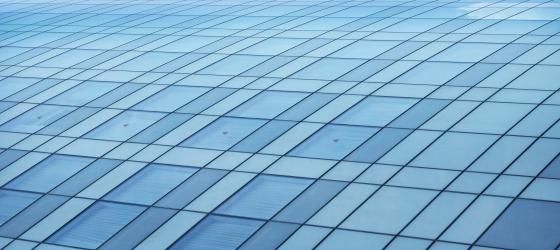Where and when
Genoa, Italy – May 19th, 2022
speaker: Tommaso Grossi
affiliation: Dipartimento di Ingegneria Civile e Industriale, Università di Pisa
date: May 19th, 2022, 4 pm (Italian time)
venue: Genoa (Italy), Polo Valletta Puggia – Università di Genova: DIBRIS-DIMA and Google Meet
The inverse problem of relaxation methods for determining residual stresses in mechanical components
abstract: Residual stresses are defined as non-null self-equilibrated stress fields in components that are free from external loads, usually arising from manufacturing processes. When a structural element is in service, its strength is mainly challenged by two factors: residual stresses and stress fields caused by external loads. While the latter can be measured and estimated quite easily (thanks to the wellknown results of the theory of elasticity), an accurate evaluation of residual stresses is still a great challenge for materials science, and this has a critical influence on the design of mechanical components. A common evaluation strategy is to induce a partially relaxed state by removing or disconnecting a subdomain of the component which is suspected to have residual stresses. By doing this, new traction-free surfaces are created, the stress fields are redistributed onto a new configuration, and that produces measurable deformations which can be used to identify the original residual stress fields. These techniques are usually referred to as relaxation methods. Most of them require the inversion of a Volterra or Fredholm integral operator, which is notoriously ill-posed. Although relaxation methods attracted an ever-increasing interest from the engineering community in both academia and industry, the theory of ill-posed problems has yet received little or no attention in the solution of these problems. However, ill-posedness is clearly affecting their practical results.In this talk, I will give a gentle introduction to relaxation methods, with a focus on their mathematical challenges and on the work we have been doing at UniPi.
